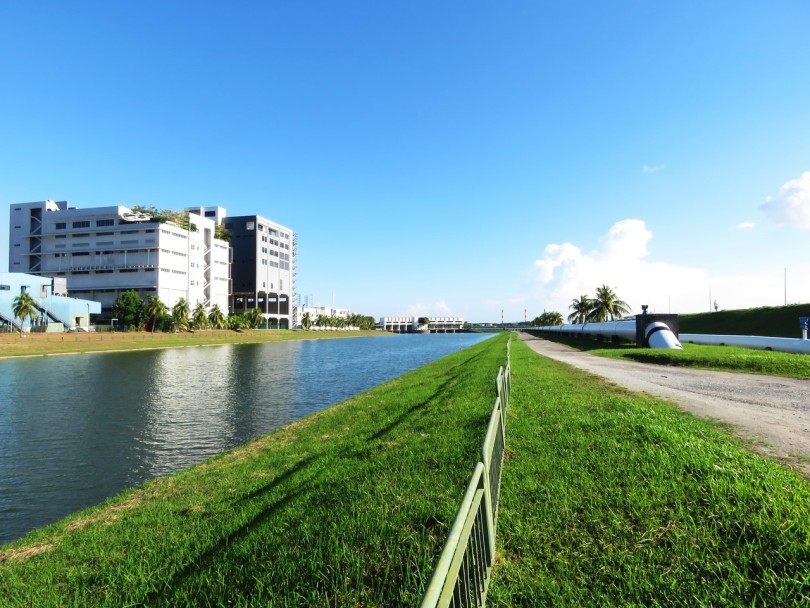Why Is the Gulf Attracting Climate Tech Businesses?
28 Jun 24
Enviro ChatThe Global News Source for the World of Science and Chemicals
11 November 2020
Chem Chat
The UAE has opened talks with Israel over the use of a pipeline in the latter region, the operations of which remain classified. The Eilat-Ashkelon pipeline originates on the Gulf of Aqaba on the Red Sea and terminates at Ashkelon on the Mediterranean Sea, thus making it an ideal route for oil from Asia to Europe.
Although it is early days in the discussions, the accord could represent a huge development for the UAE. As the third biggest oil producer in the Organisation of the Petroleum Exporting Countries (OPEC), the UAE stands to benefit massively from a more direct route to Western markets for its products.
In August, Israel signed an historic peace deal with its Gulf counterparts Bahrain and the UAE. Building upon that foundation, representatives from the Europe Asia Pipeline Company (EAPC), which is controlled by the Israeli government, and the MED-RED Land Bridge Limited (MRLB), based in Abu Dhabi, met in October to discuss the possibility of using the pipeline.
The pipeline in question was built in the 1960s and 70s and was originally intended to ferry Iranian oil through Israel to Europe. However, after the Iranian Islamic Revolution in 1979, relations between the two nations became soured and Iran eventually stopped using the pipeline.
As a result of that breakdown in relations, the majority of Gulf oil that is destined for Europe is either pumped through the Sumed pipeline in Egypt or shipped via the Suez Canal. With a capacity of 600,000 barrels per day and storage space for up to 23 million barrels, the pipeline could offer the UAE lucrative options when it comes to managing their export portfolio.
Although the details of the deal have not been disclosed, it’s believed that the pipeline will also be open to transporting oil in the opposite direction (from Europe to Asia) as well. There is rumoured support from the USA, with apparently $3 million in Jerusalem-based funding earmarked for its establishment.
The signing of agreements such as these and the thawing of international tensions which they signify can only be good things, especially given the planet’s current predicament with regard to issues like coronavirus, climate change and energy security. The creation of another route for the exchange of good between Europe and Asia is another step forward in ensuring that millions of people gain access to the fuel they need in these trying times.
The developments follow an important step forward for the African fossil fuels industry, with Tanzania and Uganda agreeing on the construction of a 900-mile pipeline. Once completed, the pipeline will transport oil and gas from fields in Uganda to the industrial port town of Tanga on Tanzania’s eastern coastline.
DOWNLOAD PDF

2 Day Seminar Program
@ ArabLab+ 2024
24 & 25 September 2024
Your stay in Dubai
Labkit
Product News
Chemkit
Product News
Thinking about exhibiting at ARABLAB 2024? Watch our video to find out more.
Join the world’s leading organisations…
Join our mailing list and receive the ARABLAB newsletter and event updates.